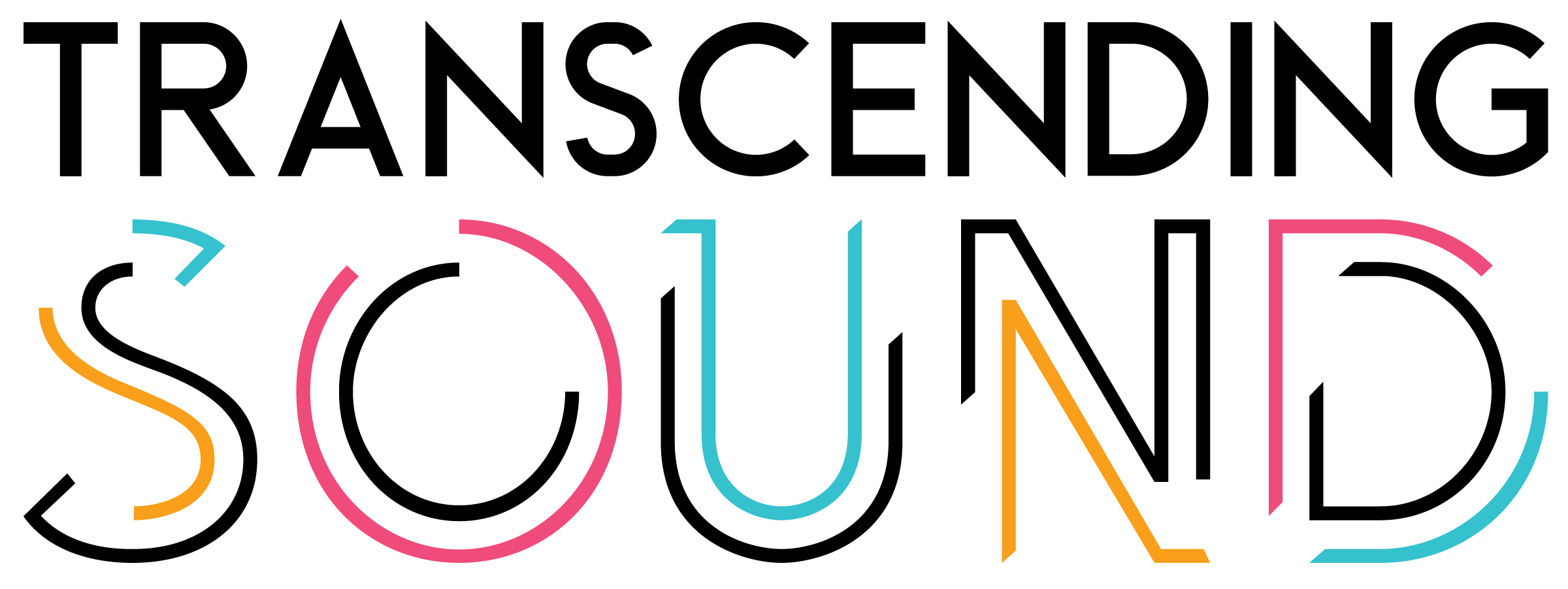5 Copyright Filing Basics A Music Creative Should Know
Disclaimer: I am not an attorney. Make sure to verify this information and seek legal assistance from a practicing attorney.
If you want to protect your music, you should apply for copyright protection.
For those who aren't familiar, copyright protection shows that you own your music and it allows you to protect your music from being used or altered without your permission. This protection is in effect for the rest of the life of the artist plus 70 years after the artist's passing. However, if you're in a group or filed copyright protection with someone else, then the 70 years doesn't start until the last person who worked on the music passes away. Some people say that you don't need to file for copyright protection because of the belief that your art is protected once it's created, but to be quite honest, you should have that added protection. If you ever have to file a lawsuit against someone for using your music without your permission, copyright protection may work in your favor, particularly because you will have a viable third party, the U.S. Copyright Office, that can vouch for your ownership. Plus, if you own it, you can approve of your music being used in any fashion you choose and can legally make money from it (particularly if there are multiple authors on the song).
Major record labels file on behalf of their signed artists because they usually want to own the copyright of the track or sound recording. This is for them to continuously make money from the artist's recording. As an independent creative, it will be your (or another person on your team) responsibility to file for copyright protection. I'm sure it sounds like a lot of money being spent if a major label is doing it, but trust me, it isn't and it's worth it.
When I wrote my piece on Beyoncé's "Formation" video and the things creatives should learn from it, I mentioned that copyright protection is important without knowing a lot about it. After taking a brief introduction music business course, I wanted to share a few more things that I've learned that may be useful in a creative considering filing copyright protection.
[Note: This is for U.S. copyright filing. Research your particular country's filing procedures if you're not a creative in the U.S.]
File your copyright registration online.
Avoid snail mail for this process. Filing a copyright registration online is less expensive than a paper application (which is $85 per registration), quicker to process (8 months compared to 13 months), and easy to do (there's a PDF here to walk you through it). There are various ways to file that are broken down here, but I'll explain the ones pertinent for music creatives filing for the first time.
If you're the only author of a song and want to file one sound recording, then you can pay only $35 for online registration by applying via a single application.
For any artist that uses multiple authors and/or filing multiple recordings, art, or videos, then you will have to apply via a standard application, which is $55.
You can file multiple tracks under one registration, but be cautious.
If you file under one registration for multiple tracks, make sure to label the registration properly and keep the songs that you filed under them together and labeled under the same thing because when you file them in one registration, each track won't be given its own individual name. Make sure you have a way to keep track of each song you place under a collective registration.
You can file sound recordings and lyrics under one copyright registration if filed online. You can also file them separately.
If you have a song or songs you want to file that are sound recordings, you can file copyright protection music and the lyrics under the same application for a sound recording. If you don't have music to it, then you can file the lyrics under "work of the performing arts." There's a difference between the two, so to find out more, click here.
If you use samples in your sound recording, you shouldn't file them for copyright protection unless you have the permission of the sample's copyright owner(s).
If you use a sample in your music, you HAVE to label them as an author in your registration and that music must be identified as preexisting material in your registration, which means you need to check out who owns the copyright on the original recording of the sample you used and get the original copyright owner's information. But before you do that, you should ask for the permission of the copyright owner before you label them on your copyright registration. With ownership and money involved, it's always important to let the original owners know. If you don't have the means to do that, I suggest that you don't file the sound recording; file your lyrics under the "work of the performing arts" registration. This goes for copyrighting lyrics that weren't created by you either.
Your work can be published or unpublished whenever you register for copyright protection.
If you put the song or project out already, that's fine. You can still file for copyright protection.

